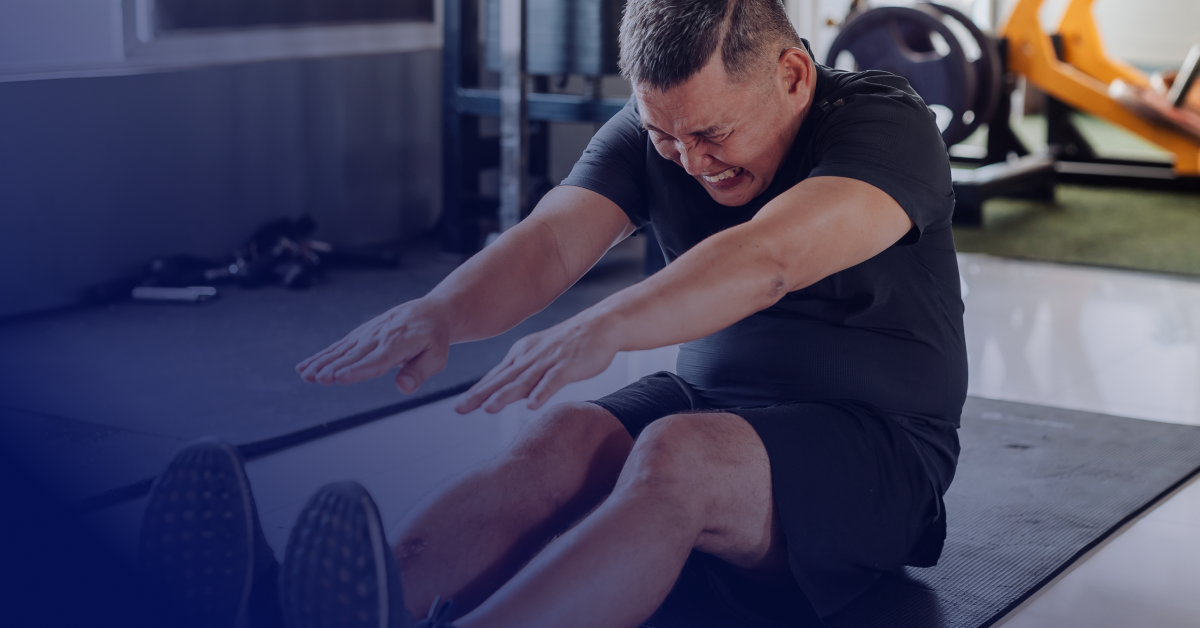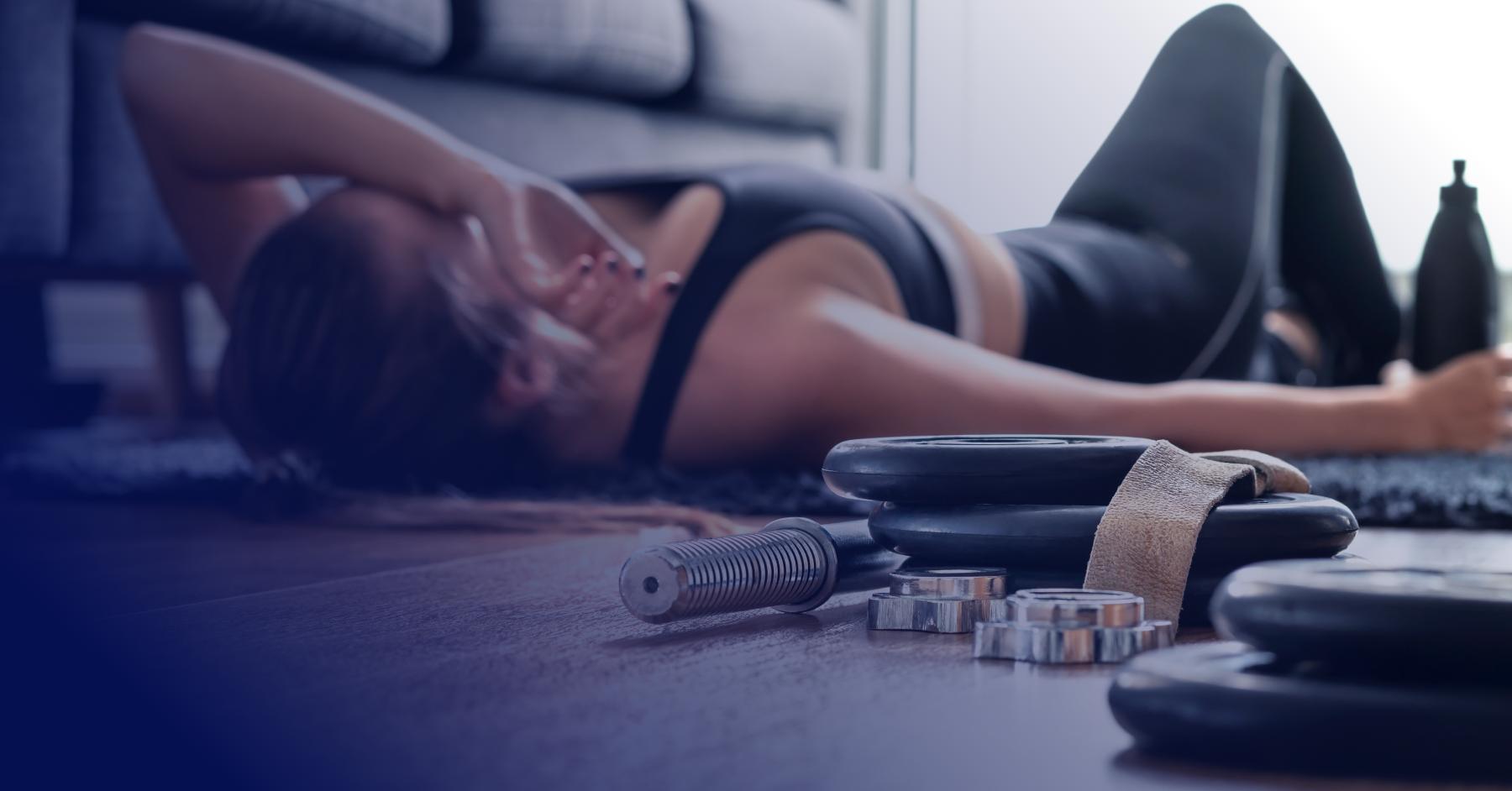Mental Health Benefits of Exercise
Physical Therapy

Want to take care of your body and mind at the same time? Start exercising! It can boost your mental well-being as well as your physical health.
Exercise strengthens your muscles, improves flexibility, and can help you manage chronic conditions such as diabetes and hypertension. But with all the emphasis on the physical advantages of working out, it’s easy to overlook the mental health benefits of exercise.
Make no mistake, when you exercise, you’re taking care of your body and your mind too! A recent study noted that higher levels of physical activity were associated with elevated well-being and quality of life as well as reduced symptoms of depression, anxiety, and stress. Now you have another motivation to keep working out or to get started. Read on to learn more about how exercise can boost your mental health.
Five mental health benefits of exercise
The American College of Sports Medicine recommends at least 30 to 60 minutes of moderate-intensity exercise five days per week. That may sound like a lot, but there are many different ways to get that activity into your daily schedule. Exercising doesn’t have to mean spending an hour everyday pumping iron in a gym (though it can!). It can also be a brisk 30 minute walk or bike ride a day, or it can even take the form of doing household chores or gardening for an hour. You can split up your exercise time by taking a short stroll around the block at lunch and then a walk after work with your dog. The important thing is to find the time to exercise. When you do, you’ll likely notice these five benefits:
You’ll feel happier. Exercise releases dopamine, serotonin, and oxytocin into the brain. Known as endorphins, those “feel good” hormones produce feelings of happiness and euphoria. Even moderate exercise can boost your mood.
You’ll feel less stressed. How often do you come home feeling stressed out about the day’s events? You may be tempted to lie on the couch, but a better option is to get up and exercise. Why? When you work out, your body is flooded with hormones, including endorphins, that improve your mood and shift your mind away from the stress.
You’ll sleep better. Physical activity tires you out, and that’s a good thing if you’re trying to get a good night’s shuteye. Your body’s natural alarm clock, or circadian rhythm, tells you when to get up and when to go to bed. Exercise can regulate that function, so you’ll know when it’s time to hit the sheets. After a restful sleep, you’ll awake energized for the day and your exercise routine. The only caveat is to avoid exercising too close to bedtime.
You’ll feel better about yourself. Part of exercising is setting goals and meeting them. Whether you’re looking to lose weight or run that extra mile, achieving those objectives can be a shot in the arm for your self esteem.
You’ll be smarter. Yes, physical activity can increase your brainpower! Cardiovascular exercise, in particular, supports neurogenesis, a process which stimulates existing brain cells and creates new ones. All those highly functioning brain cells reduce cognitive decline and memory loss. You’ll feel mentally sharper and more creative thanks to your exercise.
Get started now!
Thinking about starting an exercise program? Or are you already working out but experiencing some pain? Reach out to the orthopedists at New York Bone & Joint Specialists and the physical therapists at All Sports Physical Therapy to discuss a plan to keep you moving or jumpstart your exercise regimen. Contact us today for consultation.



